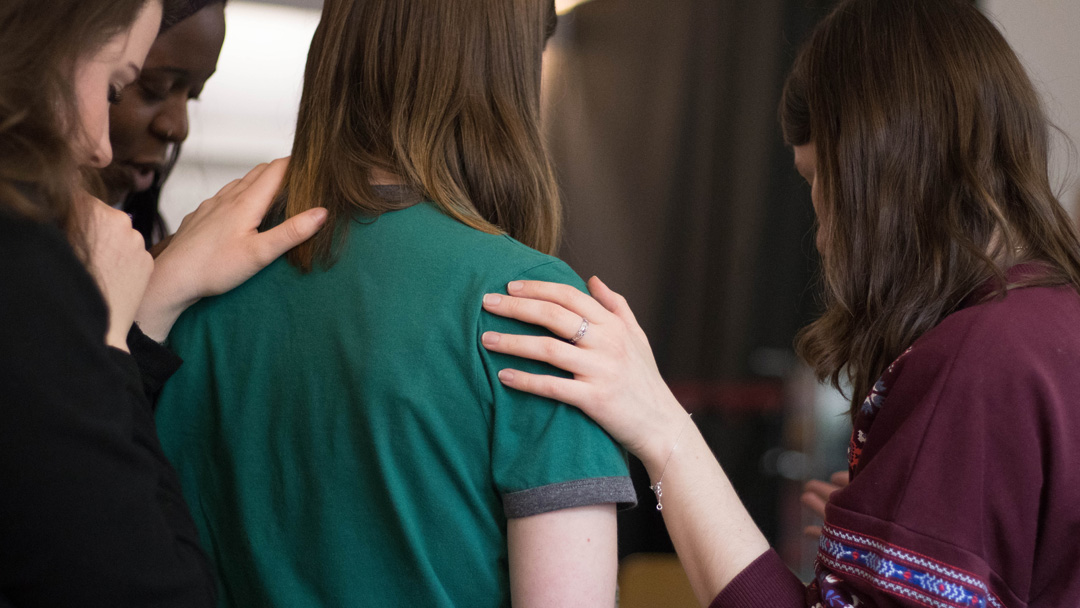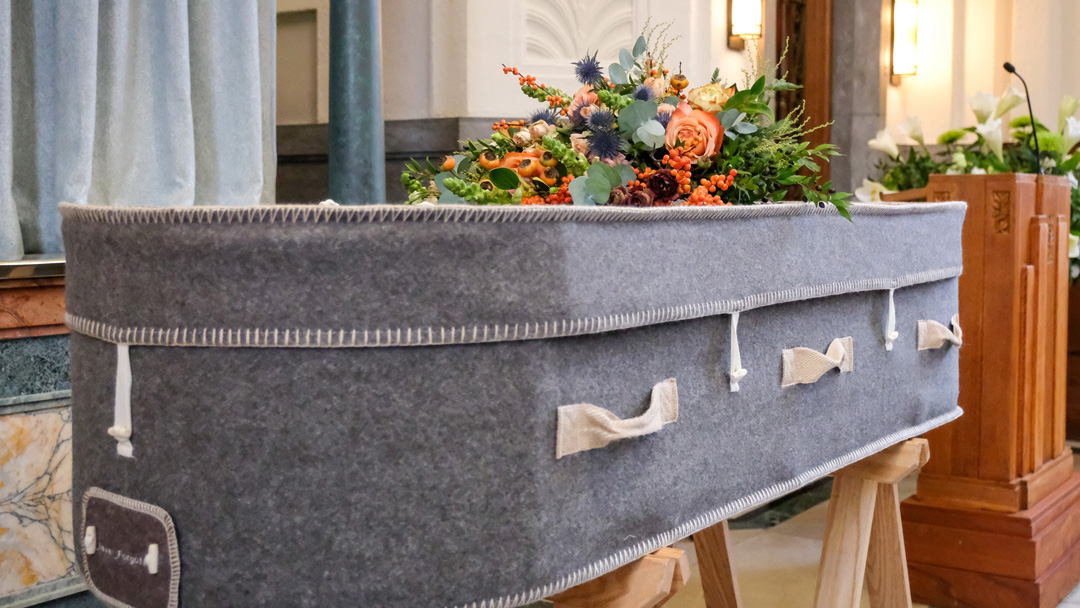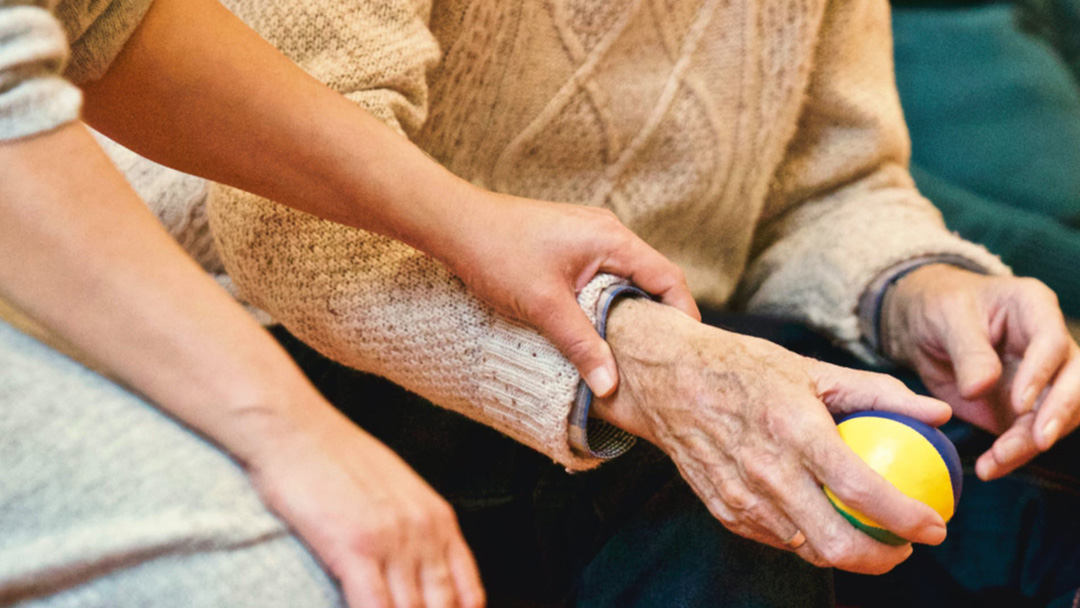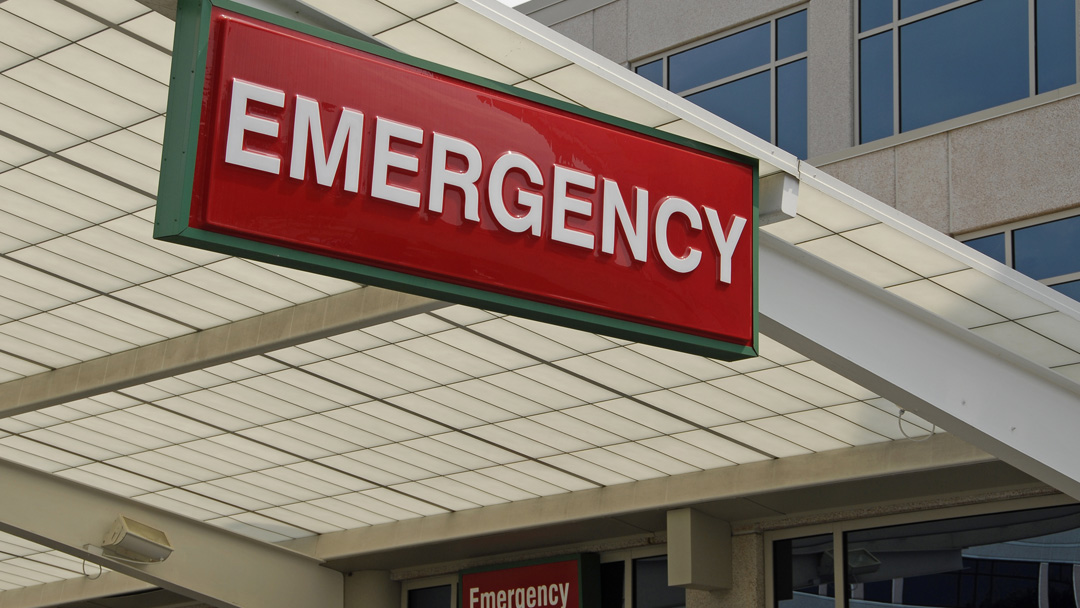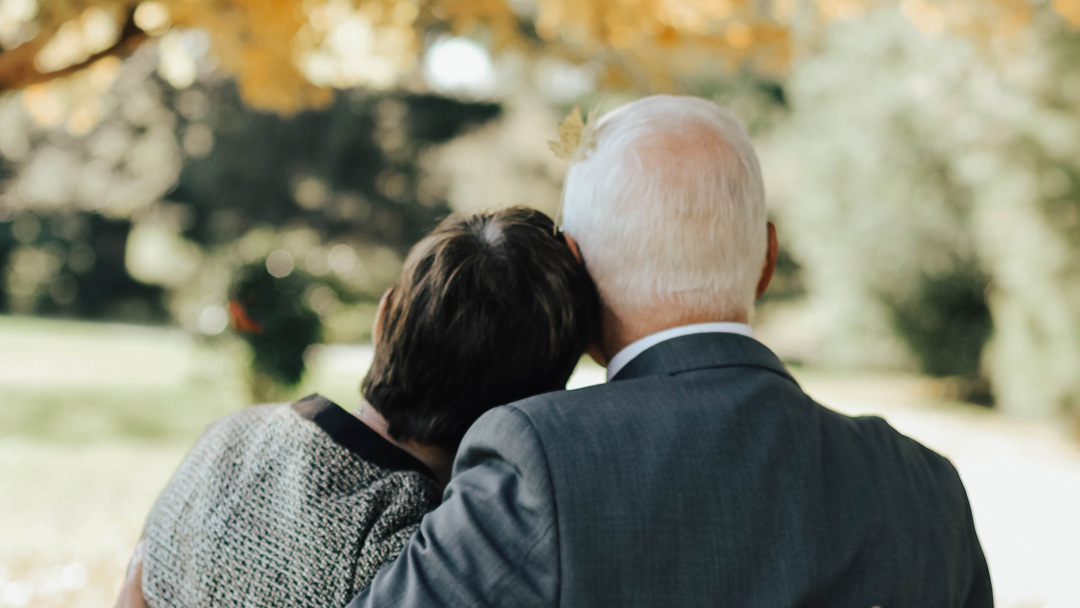If a death is sudden and the person was not seen by a medical professional during their final illness, died during an operation or in an unknown or suspicious way, the death will need to be investigated by a coroner. In these circumstances the coroner will be contacted by the police or doctor directly. In some cases, a postmortem may be asked for by the coroner to establish the exact cause of death. A further investigation (inquest) may be needed, and the registration of death cannot take place until the inquest is complete. Funeral arrangements can still be made during this time however, and funerals should not be delayed by postmortems.
The coroner’s office will contact the family, usually within 48 hours of the death being reported, to explain the outcome of the investigation. Once they have come to a conclusion, the medical certificate will be provided, and the official register of death can take place.
Even when a death is expected, it is natural to feel overwhelmed and scared about what the next steps are so we hope this information is useful to help outline the key things that will happen.
If you have any questions about what to do when someone dies and at what stage we, as the funeral director, get involved, then please do not hesitate to get in touch. We are here to help you through the entire process.
